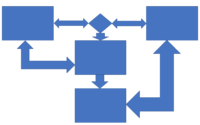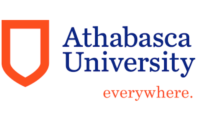
Understanding Student Engagement in Large-Scale Open Online Courses: A Machine Learning Facilitated Analysis of Student’s Reflections in 18 Highly Rated MOOCs
Although massive open online courses (MOOCs) have attracted much worldwide attention, scholars still understand little about the specific elements that students find engaging in these large open courses. This study offers a new original contribution by using a machine learning classifier to analyze 24,612 reflective sentences posted by 5,884 students, who participated in one or […]
















